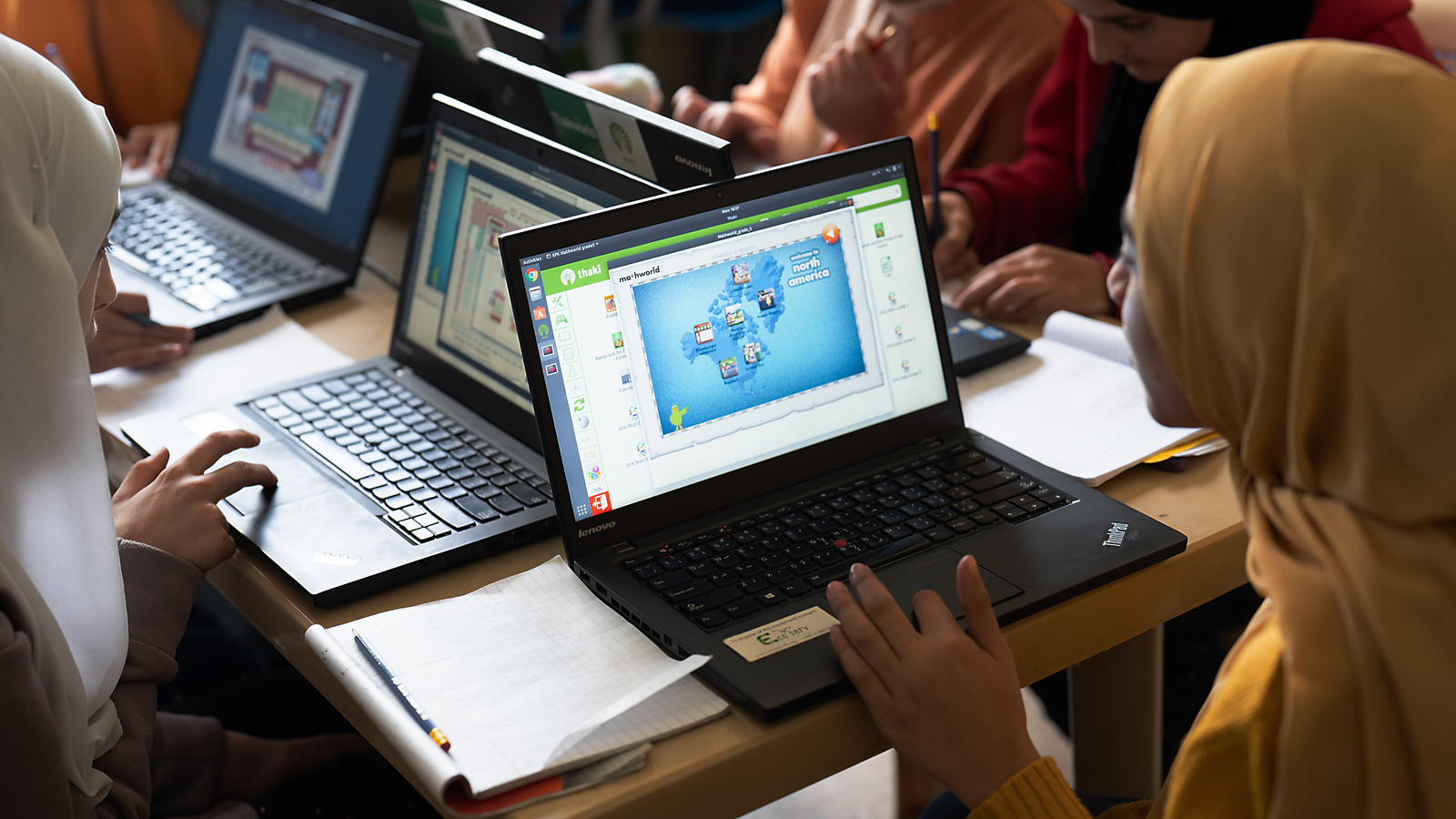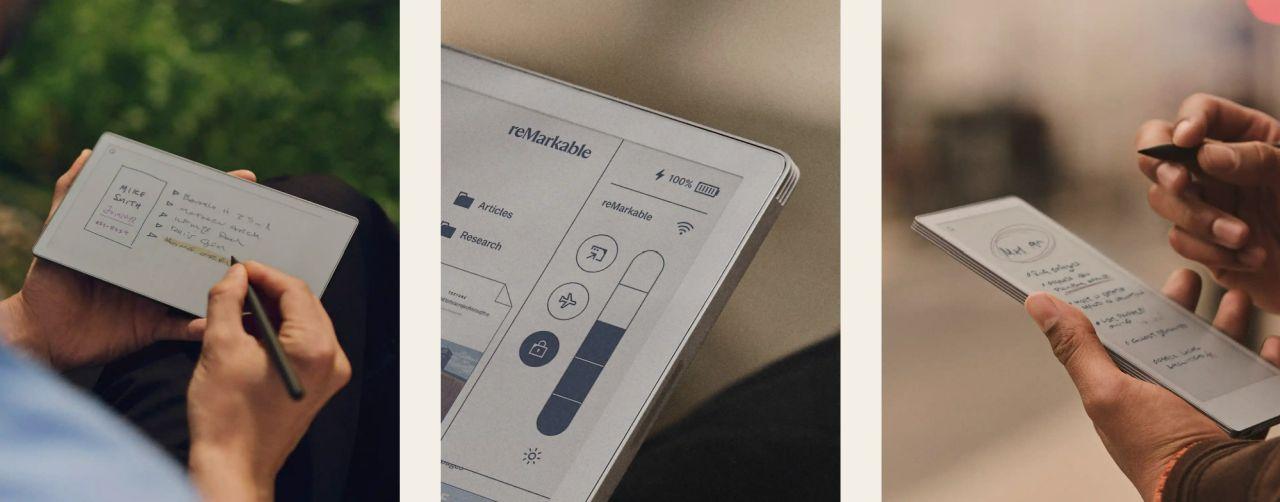
Exclusive Q&A with Madame Gandhi, Speaker and Musical Performer at Virtual Solve Challenge Finals
MIT Solve is not only a marketplace for social impact innovation, but also a community for global dialogue and inclusion. This year’s Virtual Solve Challenge Finals will bring together cross-sector business leaders, social entrepreneurs, and creative visionaries. Taking the virtual stage is Madame Gandhi, an electronic music producer, drummer, artist, and activist who will speak and perform in the Closing Plenary livestream (register here). Madame Gandhi has toured drumming for M.I.A, Thievery Corporation, and most recently Oprah, on her 2020 Vision Stadium Tour. She answered a few of our questions about her activism, music, and the importance of menstrual care awareness in this exclusive Q&A.
One of Solve’s 2020 Global Challenges is Learning for Girls & Women. As a longtime advocate for gender liberation, can you share why you consider this issue so vital?
There are so many reasons why we must fight to more intentionally educate women and girls. Education is our path to self-empowerment, to freedom, and eventually to expanding opportunities for the next generation of women, girls, femmes, and trans and non-binary folks.
When we have access to an education, we learn how to learn. We also discover that there is so much more beyond the communities in which we are born into. We learn that when we invest in our own skill sets, we derive value for ourselves, and do not need to be dependent on male counterparts for financial stability.
Being able to make decisions for our own lives and for our own families is the power we are seeking. This is why Learning for Girls & Women is so vital to gender liberation.
You just released your Visions Remixed album, produced by a number of producers based all around the world that identify as women. What drove you to work with this cast of producers and how do you think it impacted the album?
Only 2 percent of the world’s music producers identify as women—which means an even smaller percentage identifies as gender non-conforming or trans. To that end, I do believe we have to offset inherent gender and transgender bias in our industry by actively finding some of the best talent that exists in the world of music production.
I follow a lot of online communities of women, queer, trans, and gender non-conforming producers, and actively listen to music and beats from some of the best up-and-coming as well as established talent. It shouldn’t be about gender—it is of course about talent and whether we vibe—but actively seeking out women does bring something different to the table, which I value.
The global collaborators I chose are folks I’ve been a fan of for a long time—Arushi, who is doing amazing stuff in modular synthesis; Jeia, who is always posting instructional videos to Instagram about how she made her beats; Sara Farina, whose DJ set I attended in Berlin five years ago and was blown away; and Riobamba, whose DJ sets in Boston used to soothe my soul when I was a student at Harvard Business School. They all were enthusiastic about the project and all transformed each track into different genres, which we really needed. I wanted these remixes to be able to live on dance floors with choreographers and with DJs, and I think we are achieving that.
You will be performing one of your popular songs “Top Knot Turn Up” at Virtual Solve Challenge Finals. Could you share the message behind this song and how you think it will resonate with the Solve audience?
This is a song about getting the work done. It is a turn-up anthem without any sexism. It focuses on femme power and self-power. It is about being focused and getting the job done, which feels very fitting for all Solver teams. I chose this song because not only does it fit with themes of the fifth UN Sustainable Development Goal, but also because it fits the mission of wanting to make the world a better place.
In 2015, you ran the London Marathon freely bleeding to combat period stigma and raise awareness for menstrual care for all who need it. Can you share a bit about that experience and the impact it created?
In 2015, I had just graduated business school, and headed out to London to run my first marathon. I didn’t realize I was about to be on day one of my period, and, like any of us caught unprepared on our menstrual cycle, I started evaluating my options. I didn’t have a tampon, pad, or menstrual cup on me, and I also felt there is very little privacy on a marathon course to be able to take care of yourself with these products. I thought, “I’d rather bleed freely than wear a product that might not be suitable for four hours+ of running!” So, that is precisely what I did. I ran bleeding freely, and crossed the finish line at a 4:26 time. It was one of my best marathons. I felt really proud of how much the human body can do, and how powerful we all really are.
I wrote about this experience and the story went viral. The story resonated because so often we, as women or girls, or trans folks who bleed, hide conversations around our period in shame—rather than talking openly and bravely about all that our bodies do. Stigma is one of the most effective forms of oppression because it denies us the ability to talk comfortably and confidently about what our own bodies can do. This matters because girls drop out of school on their periods, or can’t ask for the products they need because their family cannot afford it.
Our health is often last prioritized or forgotten simply because it is not talked about. There are so many health implications of stigma too. Many folks with polycystic ovary syndrome (PCOS) or endometriosis are going undiagnosed, which puts them at greater risk. This should not be the result of a cultural stigma! And so, we have to fight it by taking pride in our bodies and celebrating everything our bodies do.
What is the driving intention at the core of your activism?
I really believe in personal liberation and freedom. At the core of my work and music are messages of positivity, personal liberation, joyfulness, and optimism. I find these to be high vibrational and healing mentalities, and they have served me in challenging times. I feel my physical health is better when my mental health is strong. And so, my dream is to use my music not only to elevate other women, femmes, and voices under-heard in music, but also to use the music itself to provide healing to those who hear it.
Madame Gandhi’s album “Visions Remixed” is out now, and you can find her on Twitter and Instagram @madamegandhi. To hear her speak and perform at Virtual Solve Challenge Finals, register for the Closing Plenary livestream here.
Photo courtesy of Madame Gandhi.
Tags:
- Learning
Related articles
-
“Education is the one thing you can take with you.” A Q&A with Rudayna Abdo, Founder and CEO, Thaki

-
A LEAP in evidence-based innovation for education
How to address the need for evidence-based innovation in education by empowering researchers, social entrepreneurs and education organizations to work together.
-
Powered by Purpose: E Ink’s ePaper Technology Takes Aim at the World’s Toughest Problems
Because it draws power only when an image changes—and none at all while static—ePaper reduces energy consumption by orders of magnitude. That single breakthrough unlocks net-zero transit signs, off-grid medical notebooks, and other applications that traditional screens simply can’t power sustainably.